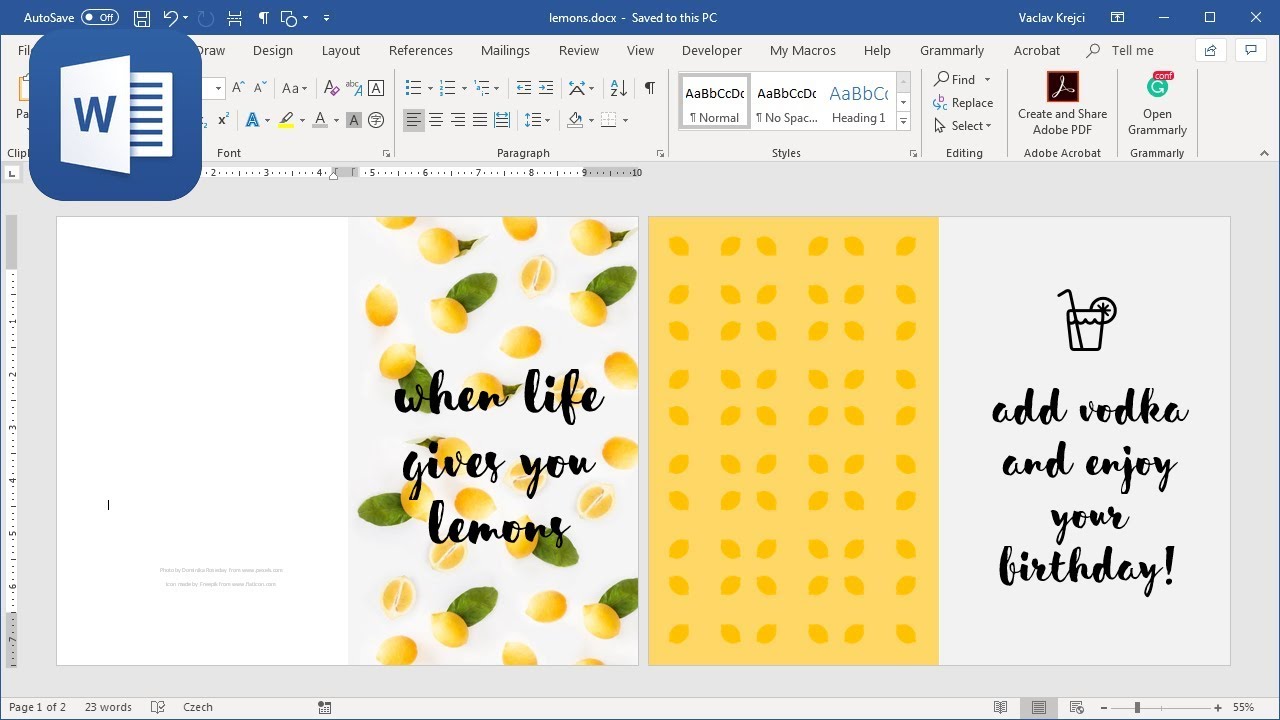This article shows how to install Maven (3.6.3) on macOS Big Sur (version 11.1).
Homebrew is a package managing tool. It’s more popular on Linux but is also used extensively on macOS. In fact, for apps that install as packages, Homebrew is the easiest way to remove them. Here’s how you can install Homebrew on macOS Catalina. In order to install Homebrew on macOS Catalina, you must have Xcode installed. Install from gem instead of brew, via gem install cocoapods per related #6778. What did you do? Tried to run cocoapods on Mac 10.15, from a Brew based installation. What did you expect to happen? Brew based cocoapods installer should link to available 'Current' Ruby version, instead of falling back to 2.3, which hasn't been available.
How To Install Brew On Catalina
Topics
Related Articles
1. Homebrew install Maven on macOS
1.1 Install Homebrew, a package manager on macOS.
1.2 The command brew install maven will install the latest Maven.
1.3 Done. The Maven is installed on macOS.

P.S At the time of writing, the latest Maven version is 3.6.3
1.4 Where does Homebrew installed the Maven?
The brew will install the Maven packages at /usr/local/Cellar/maven/${version}
The brew also creates shortcut or symbolic links at /usr/local/opt/maven/
1.5 Where does Homebrew put the Maven configuration file, settings.xml?
The settings.xml is available at /usr/local/opt/maven/libexec/conf
1.6 Where does Homebrew put the core mvn executable file?
The mvn is at /usr/local/bin/
1.7 brew info maven to show the detail of the Maven package.
1.8 brew list maven

1.9 Useful commands:
brew upgrade mavento upgrade Maven.brew uninstall mavento uninstall Maven.
2. Install Maven Manually
If Homebrew failed you or you don’t want the black-box magic, try to install the Maven manually.
2.1 Download the Maven, for example apache-maven-3.6.3-bin.tar.gz
2.2 The below command extracts the downloaded .tar.gz file to the current user’s home directory ~
2.3 Now, the Maven folder is at this path /Users/mkyong/apache-maven-3.6.3
2.4 On macOS 10.5 Catalina or later, the default shell is zsh, and we can create the environment variables MAVEN_HOME and update the PATH in ~/.zshenv.
Open the ~/.zshenv and append the following content.
Note
For macOS 10.14 Mojave and before, the default Terminal shell is bash, and we can create the environment variables in ~/.bash_profile.
Open the ~/.bash_profile and append the following content.
P.S Read this Zsh Startup Files.
2.5 Source the ~/.zshenv to reflect the changes.
2.6 Verification.

Done.